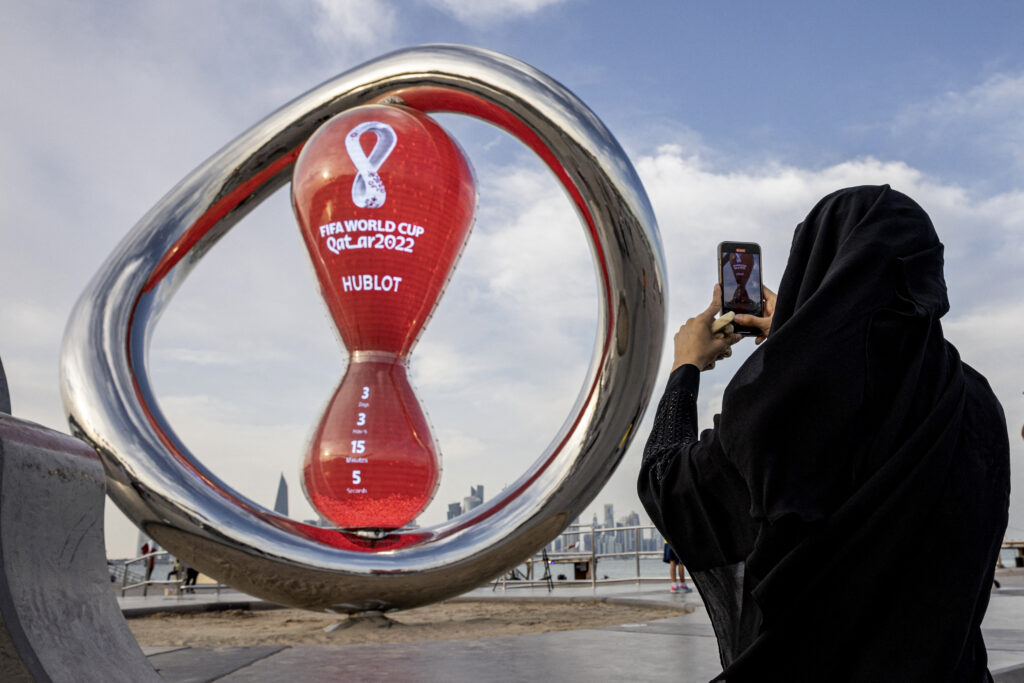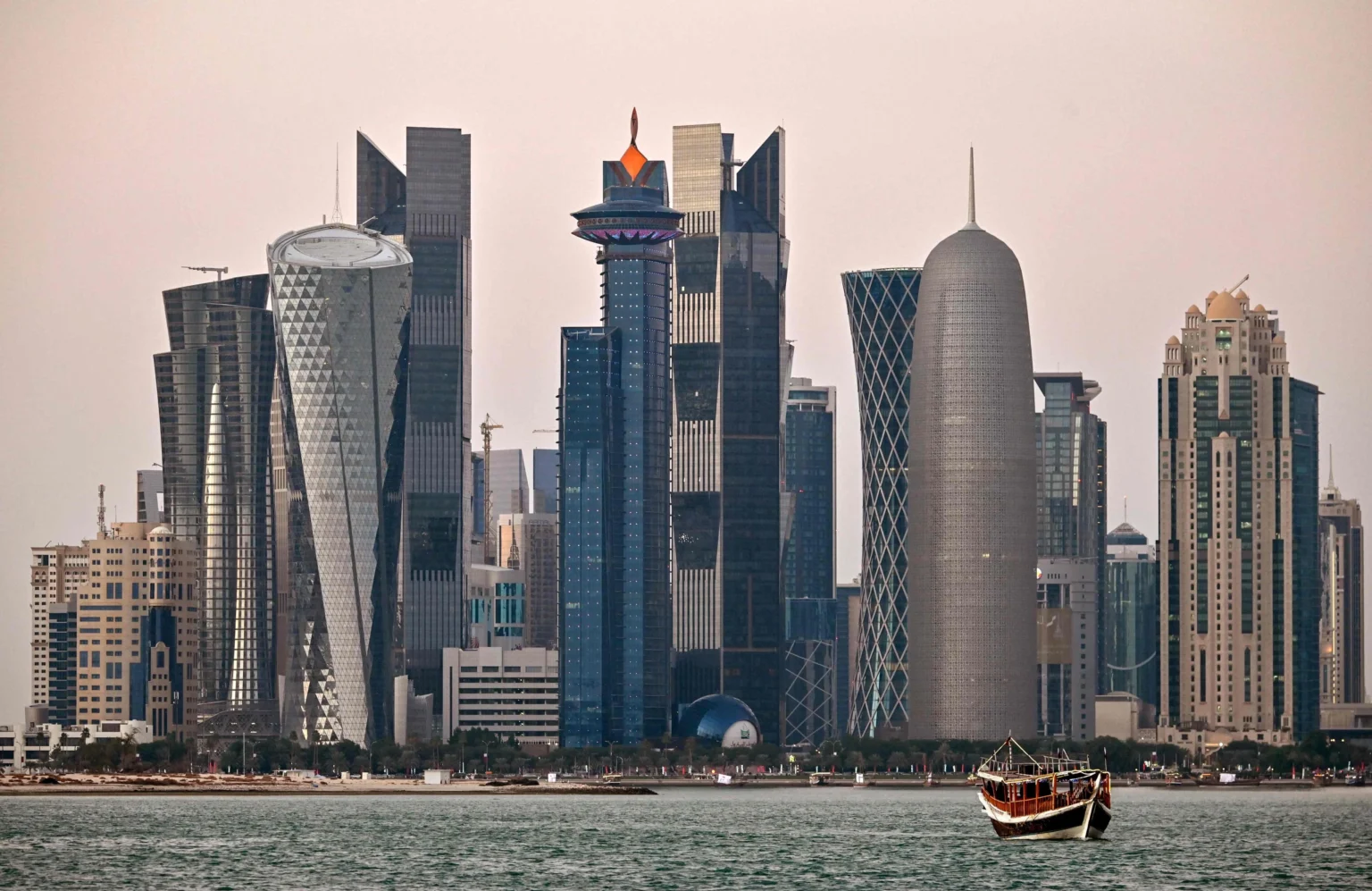Qatar peace broker efforts have placed the Gulf nation in the global spotlight as one of the most trusted mediators in modern diplomacy. From Afghanistan to Gaza, Lebanon to Sudan, Qatar has consistently stepped into some of the world’s most difficult conflicts, helping parties find common ground when few others could. But how did such a small country, with a population under three million, become such an influential player in global peacebuilding? The answer lies in a mix of strategy, neutrality, and timing.
Qatar peace broker strategy: balancing neutrality and influence
Unlike many larger nations, Qatar has no colonial history that weighs on its foreign policy. This has allowed it to approach conflicts with a reputation for neutrality. Over the years, Qatar has positioned itself as a bridge-builder, willing to host peace talks and negotiations for groups that often refuse to meet elsewhere. Its foreign policy is designed around soft power, where dialogue, humanitarian aid, and diplomacy replace military involvement.
Qatar’s leaders understood early on that in a region marked by rivalry, oil wealth alone was not enough. To remain secure and relevant, Doha had to carve out a unique identity. Mediation became that identity. By building relationships with countries across the political spectrum—from the United States to Iran, Hamas to the Taliban—Qatar created a space for dialogue that few others could offer.
Historic breakthroughs led by Qatar peace broker efforts
Qatar’s first major success came in the early 2000s when it mediated between Sudanese government officials and rebel groups, helping to reduce violence in Darfur. This was followed by another milestone in 2008, when Qatar brokered a political agreement between rival factions in Lebanon, ending an 18-month-long political crisis.
But perhaps the most high-profile success came in Afghanistan. For nearly a decade, Qatar hosted the Taliban’s political office in Doha, often drawing criticism but also international recognition of its role. These talks culminated in the 2020 U.S.-Taliban peace agreement, which eventually paved the way for the withdrawal of American troops from Afghanistan in 2021. While the outcome remains controversial, Qatar proved it could bring adversaries to the table in a way no one else could.
Most recently, during the Gaza crisis, Qatar played a critical role in negotiating humanitarian pauses, prisoner exchanges, and aid delivery. Even when tensions in the region escalated, international leaders consistently turned to Doha as the go-to mediator.
Why Qatar succeeds where others fail
Several factors explain Qatar’s success as a peace broker.
- Neutrality: Qatar manages to maintain relations with rival powers, such as the U.S. and Iran, or Hamas and Israel, without alienating either side.
- Credibility: Its record of successful negotiations builds trust, encouraging parties to engage in dialogue.
- Resources: Qatar uses its economic wealth not only for development projects but also to fund humanitarian initiatives that build goodwill.
- Platform: Doha offers a neutral, safe space where talks can happen away from the pressures of the battlefield.
Unlike some global powers, Qatar does not try to impose solutions. Instead, it facilitates discussions, ensuring all parties feel heard. This approach often proves more effective in fragile negotiations.
Qatar peace broker role in humanitarian efforts
Beyond negotiations, Qatar has invested heavily in humanitarian diplomacy. Through organizations like the Qatar Fund for Development, the country provides aid in conflict zones, from rebuilding homes in Gaza to supporting education programs in Syria. This humanitarian angle strengthens its diplomatic role, as it is seen not just as a mediator but also as a partner in recovery.
Humanitarian flights, financial aid, and reconstruction projects often follow peace talks mediated in Doha. This dual approach—diplomatic plus humanitarian—enhances Qatar’s credibility and ensures it remains a key player even after negotiations conclude.

Challenges and criticisms
Despite its achievements, Qatar’s peace broker role is not without criticism. Some accuse it of supporting groups like Hamas and the Taliban to gain influence. Others argue that by maintaining ties with controversial actors, Doha risks alienating its allies.
There are also practical limitations. Qatar cannot solve every conflict, and some negotiations stall despite its efforts. Yet, even critics acknowledge that without Qatar’s involvement, dialogue channels might not exist at all.
How Qatar built global partnerships
Qatar’s relationships with Western powers, particularly the United States, have been crucial. Hosting the largest U.S. military base in the Middle East, Al Udeid Air Base, gives Qatar strategic importance that complements its diplomatic role.
At the same time, Qatar maintains strong ties with Turkey, Iran, and other regional players, ensuring it has access to multiple sides of any conflict. This balancing act, while delicate, is what makes Qatar indispensable as a mediator.
The future of Qatar as a peace broker
Looking ahead, Qatar shows no signs of stepping back from its peace broker role. With conflicts simmering across the Middle East and Africa, its mediation services are in constant demand. Doha is also investing in training and research on mediation, aiming to institutionalize its role as a global hub for conflict resolution.
Experts suggest that as climate change, resource competition, and political rivalries create new conflicts, Qatar’s soft power model may become even more valuable. The country’s ability to combine diplomacy, humanitarian aid, and neutrality places it at the center of 21st-century conflict resolution.
Conclusion
Qatar peace broker initiatives have transformed a small Gulf nation into a global diplomatic powerhouse. By offering neutrality, resources, and persistence, Qatar has filled a gap in international diplomacy that larger nations often cannot. From hosting high-stakes talks in Doha to funding post-conflict recovery, Qatar has earned its reputation as the world’s go-to mediator.
While challenges remain, the fact that world powers—from Washington to Tehran, from the Taliban to Israel—seek Qatar’s help is a testament to its success. In a turbulent world, Qatar has proven that even a small nation can play a big role in shaping peace.
Do follow us: Instagram
Read More: Couple Seated Next to Deceased Passenger for Hours on Qatar Airways Flight



